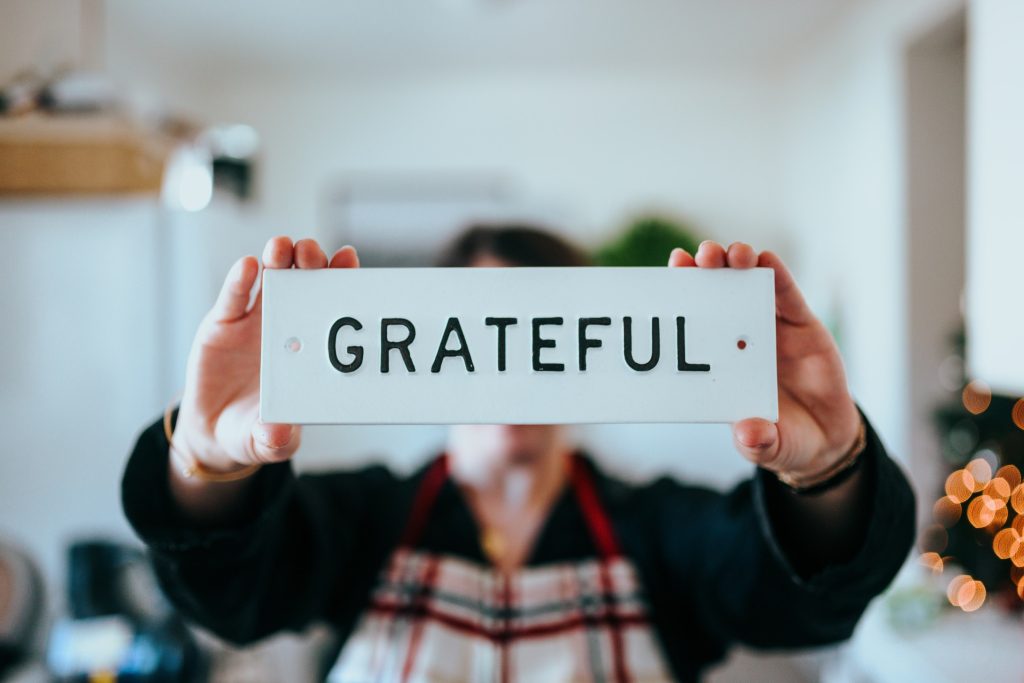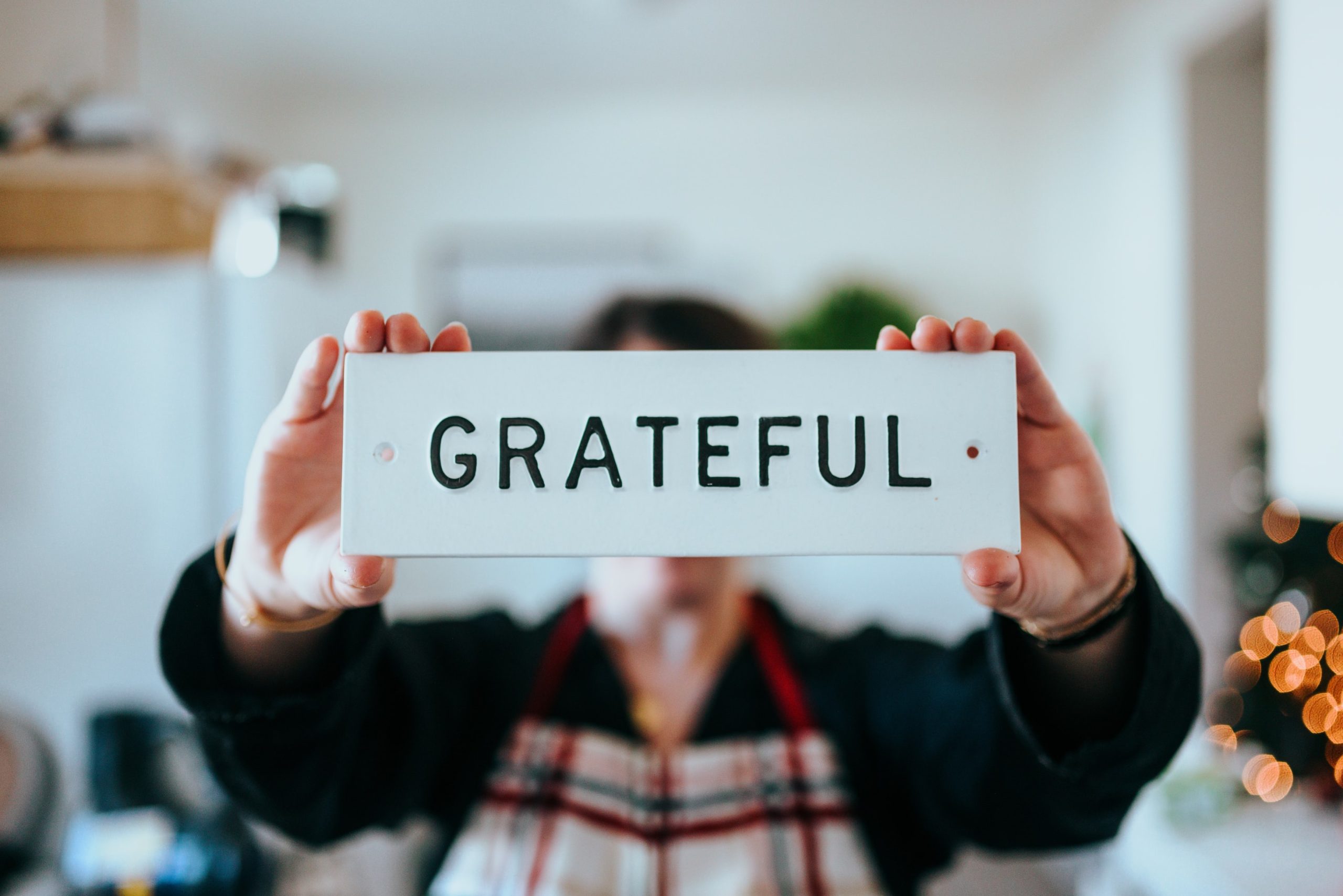How gratitude helps in early recovery and beyond
Without gratitude, life is merely a never-ending toil with no discernible purpose.
According to research, expressing thankfulness is crucial to being happy. Your physical, spiritual, and social health are all impacted by positive psychology and mental health. And for those in recovery, whether from an addiction to alcohol or other drugs, a grief-related loss, a sexual or childhood trauma, a family-of-origin issue, etc., gratitude is possibly the most crucial aspect of their day.
So, if you’re wondering:
- What exactly does gratitude entail?
- How can I be more appreciative?
- What role does gratitude play in sobriety?
- Can gratitude prevent a relapse?
- How do positivity and gratitude rewire the brain?
Then continue reading to understand the advantages, receive some advice on making the most of your efforts, and discover how it all works to make you the happiest version of yourself.
What Life Looks Like When We Are Thankful
Without gratitude, life is merely a never-ending toil with no discernible purpose.
When you are grateful, you can feel how far you’ve come and where you might go. Your energy level rises. You have a strong sense of pride in all your efforts and well-intentioned efforts, and you actively seek opportunities to interact with others, the environment, and the present.
Friendships, coffee shops, spring pink and autumn browns. When you are grateful, everything feels more significant because you know the weight, value, and importance of everything in your environment. Talk about uplifting and expressing optimism!

Gratitude in Early Recovery
You’re still learning about yourself, substance use, coping methods, and interpersonal patterns when you’re in the early stages of addiction recovery. To gradually learn about “the exact nature of your wrongs,” as stated in Step Five, as well as how to be present, joyful, and connected in recovery, you must be patient and compassionate with yourself.
Gratitude will benefit you both during and after your recovery because it will:
- Motivate you to change
- Remove negative mindsets
- Think and act positively
- Overcome feelings of self-pity and entitlement
- Control your emotions and impulsivity
- Build a support network
Gratitude is crucial to your coping strategy if you recently finished treatment or are concerned about relapsing because gratitude and anxiety can’t coexist.
Therefore, anytime your feelings are strong, try to find a place to express your gratitude and appreciation.
How Gratitude Improves Brain Function and Mental Health
Positive psychology and gratitude have been shown to:
- Increase levels of happiness
- Reduce tension, anxiety, and dread
- Encourage motivation and increase resiliency
- Encourage the control of emotions
- Activate your brain’s reward circuits
How Appreciation Improves Physical Health
Gratitude alters the inside of our brains, making everything lighter, more relaxed, and more hopeful and enhancing our physical well-being. It has been shown that gratitude:
- Improves heart health, and reduce the risk of heart disease
- Increases physical activity
- Enhances immune function
- Improves sleep quality
- Decreases inflammation
- Reduces pain perception
How Being Thankful Can Help Social Connectivity and Health
Gratitude not only improves your mental and physical health, but it also strengthens your relationships with others. Gratitude is manifested by:
- Empathy and trust-related brain regions to be more active
- Increased sense of connection and belonging
- Bolster and improve connections
- Establish a secure and supportive environment
While some people already have great support networks and communities, those just beginning their recovery may need to search more.
If you’re grateful, you will be more likely to find and respect these relationships and groups. You’ll also be more likely to communicate with those who have gained your trust by being grateful. And that help is available everywhere.
How to Develop Gratitude in Five Simple Ways
Put it in writing
Spend some time each day being thankful. Some people’s continuing gratitude lists feature thousands of entries. If you’re having trouble coming up with ideas, consider these:
- What gives me a sense of importance or luck?
- How have my challenges strengthened me?
- What can I do to embrace my inner kid?
- What little thing could make my day better?
- What am I most anticipating?
- What unexpected lesson turned out to be the most useful?
Consider asking questions that change the course of complex stories, and look for nice lights in which to paint yourself and others. Even the most painful lessons can have beautiful finishes.
Say “Thank You” sincerely
Give thanks for the diversity of colour and sound in the universe and the amazing chance to experience it all. Thank people, places, music, and the heavens above. Even if you feel foolish, keep giving and saying gratitude; soon, the rest of you will catch up. You can start by thanking your therapist who put you on the road to recovery.
Be imaginative
Do something creative. Play a selection of your bubbliest, boppiest music. Let your soul work its magic. You could write, paint, plant, forge, carve pumpkins, or do anything else. Especially if you haven’t before, engage your creative side. It’s a fantastic method to work through difficult feelings and trauma and a new way to think about and express oneself.
Consider a Gratitude Swap
Reach out to someone you like and trust and ask for a gratitude exchange. Bring a riff or a list. Tell them what you’re thankful for, then sit back and listen. When you hear their point of view and realise where they seek significance, your mind will respond in kind. You’ll notice more reasons to be glad and be more open to new notions of goodness and beauty.
Slow down
All you have to do is slow down. Make room for emotions. Create space for life. Breathe, take a bath, and light a candle. Then, continue to breathe.
Recognise your pain. Accept the positive. Accept everything that comes your way right now. Then proceed carefully and express gratitude to everyone you can.
Everyone Can Benefit from Gratitude—Not Just Recovering People
Everyone can benefit from these suggestions since being grateful makes life better.
However, it becomes even more crucial if you’re in the early stages of recovery or beyond.
Gratitude will help you maintain perspective and offer yourself levity and grace while going through personal transformation, whether trying to abstain from alcohol and other drugs, striving to process a past or present trauma, or just seeking to connect and express yourself more genuinely.
If you or a loved one is struggling with an addiction, call Freephone at 0800 140 4044
Freephone: 0800 140 4044
Local rate: 0300 330 3040



